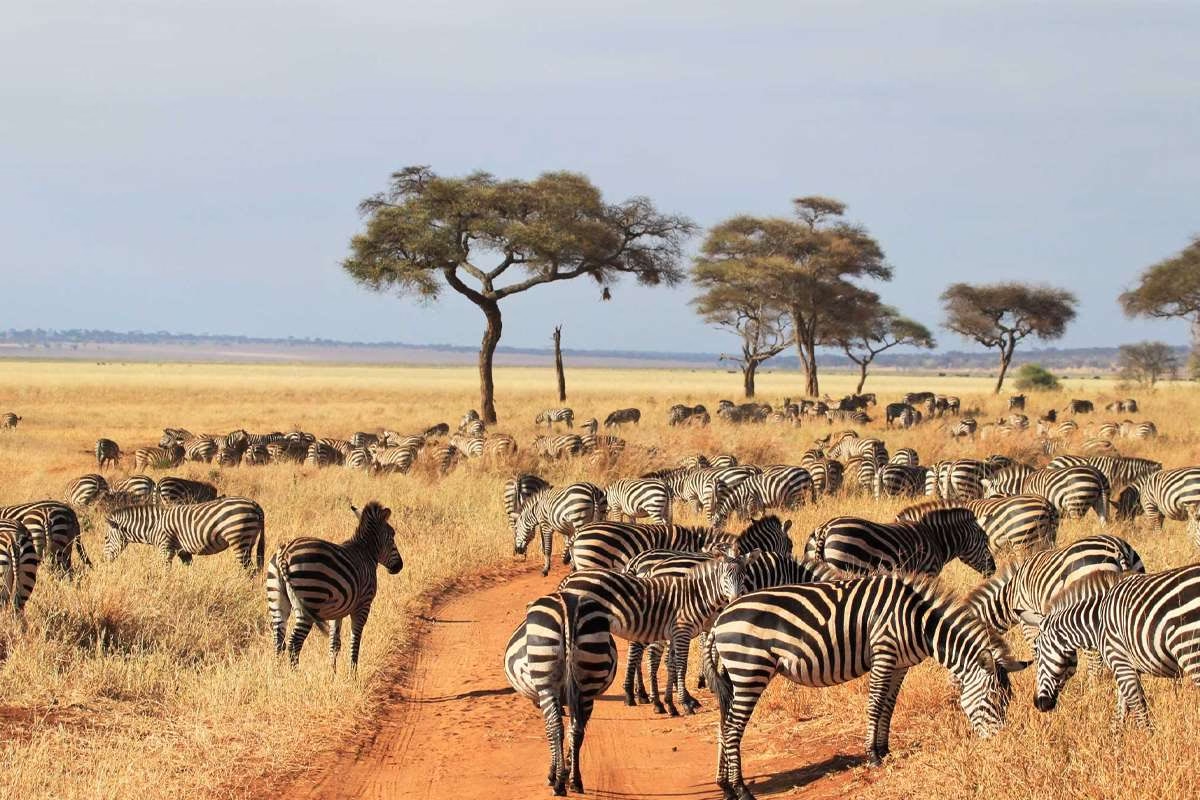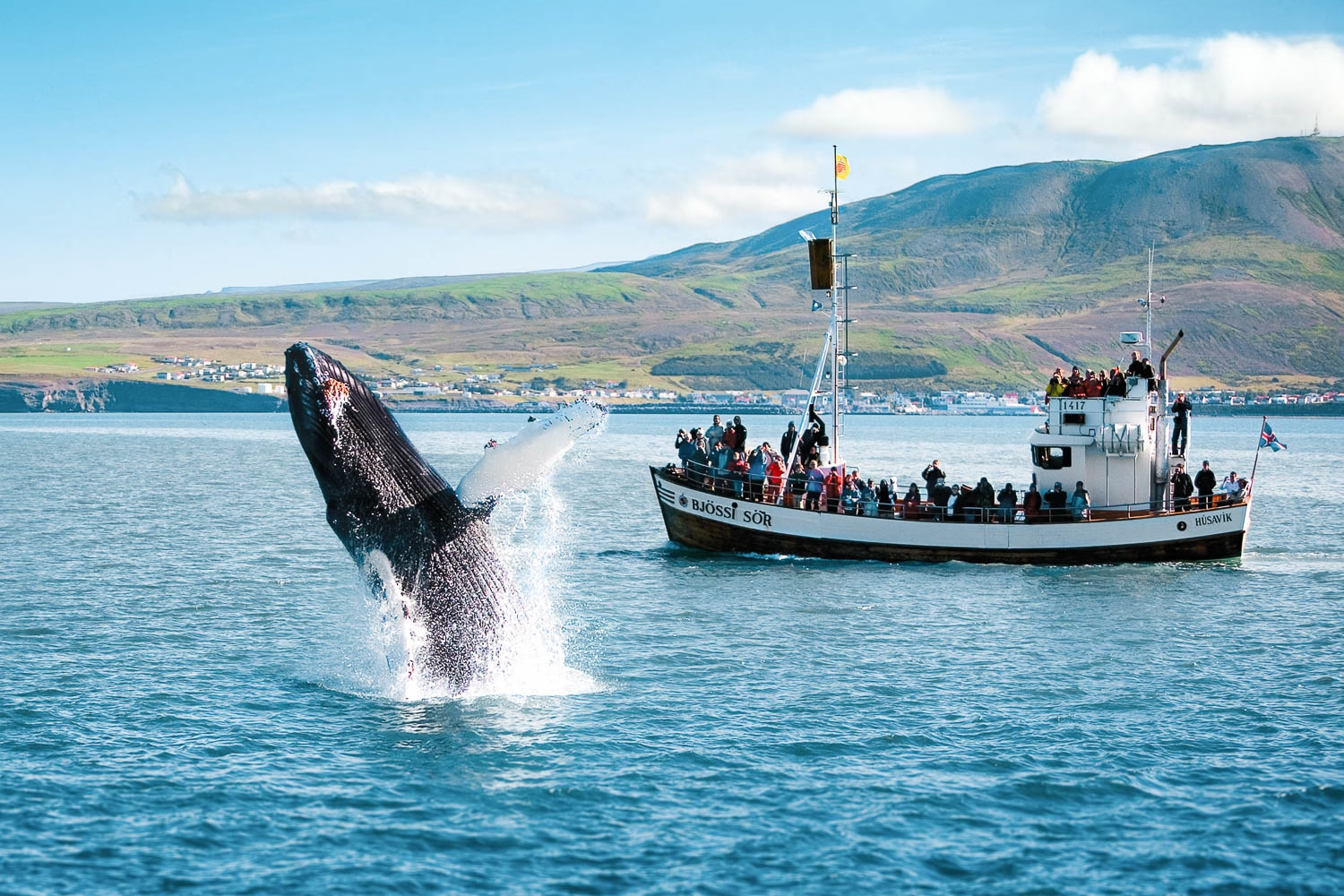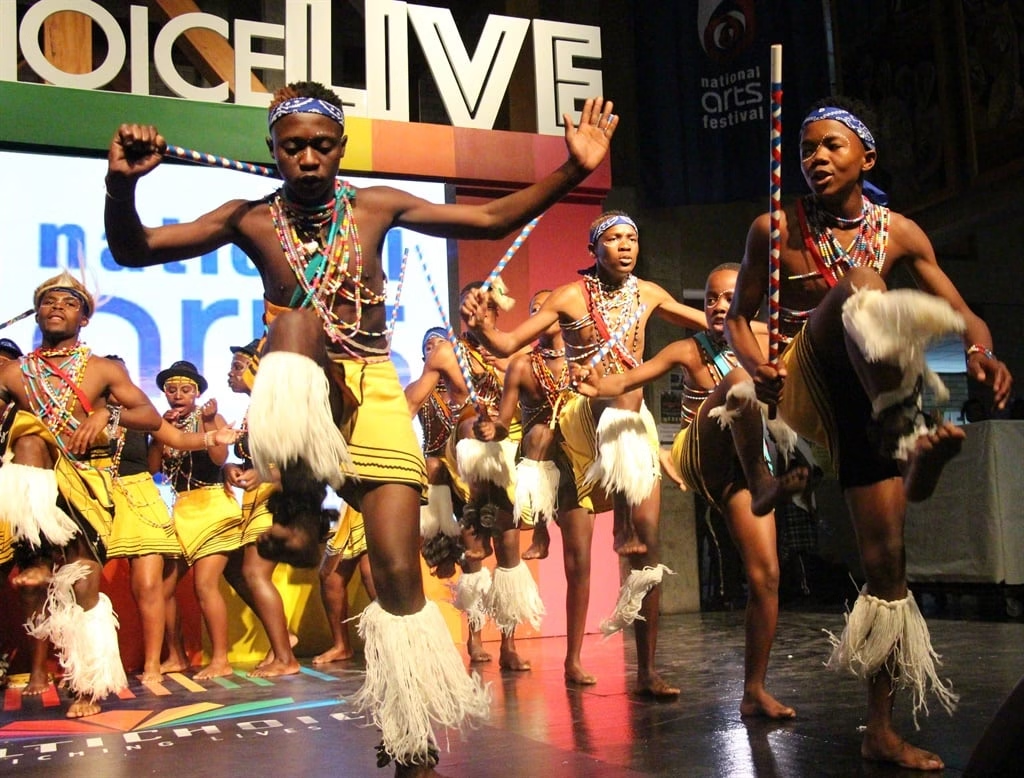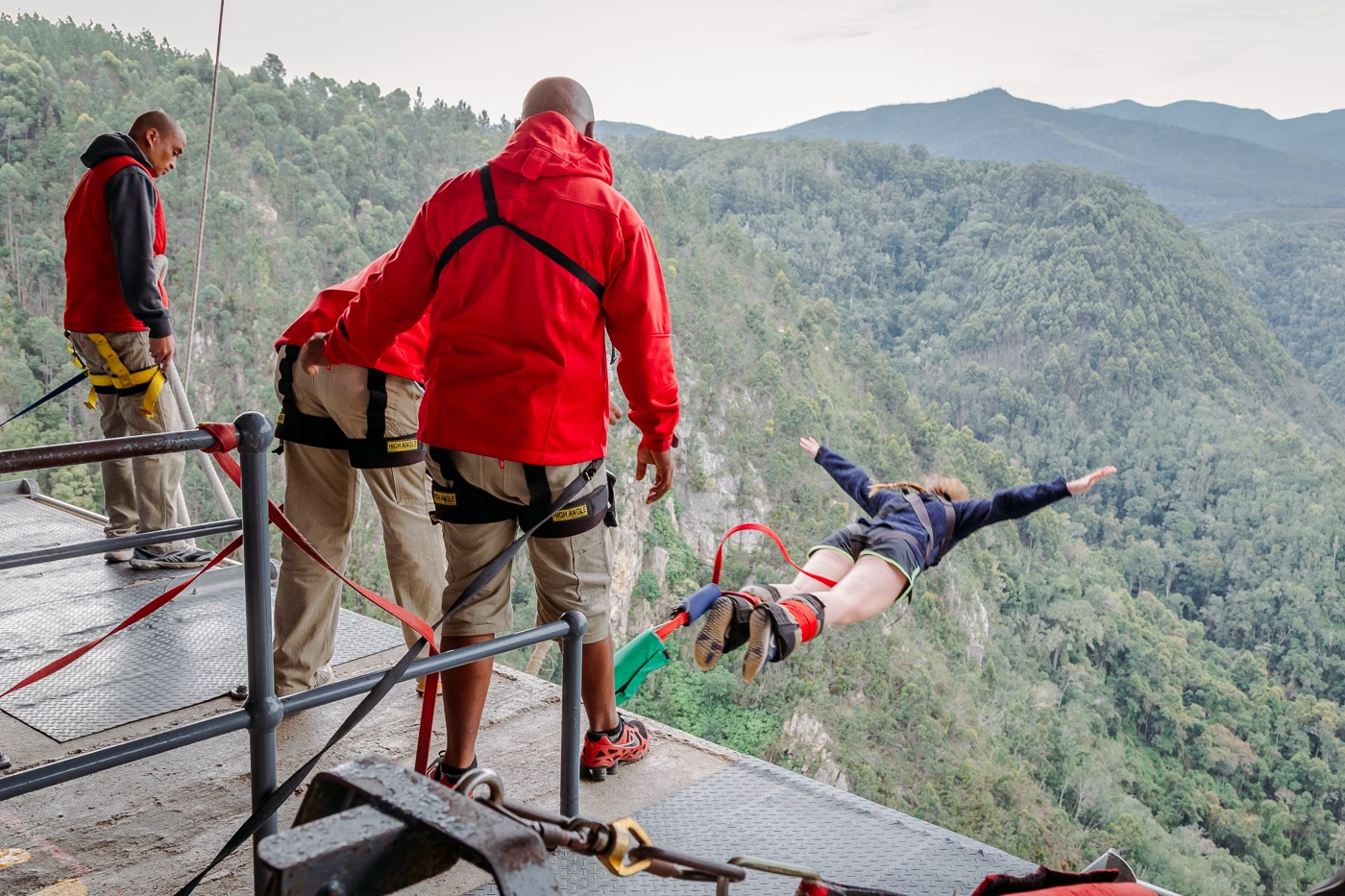South Africa, with its diverse landscapes and rich cultural heritage, offers an enticing blend of adventure, relaxation, and exploration year-round. However, the winter season (May to September) offers unique advantages for travelers looking to experience the country in a different light.
While many people associate winter with cold, South Africa’s winter offers mild temperatures, fewer crowds, and exceptional wildlife viewing opportunities. Here’s why visiting South Africa in the winter season can be an unforgettable experience:
1. Mild Weather & Comfortable Temperatures
Unlike the harsh winters experienced in many parts of the world, South Africa’s winter season is generally mild, particularly in popular tourist destinations like Cape Town, the Western Cape, and the Garden Route. Daytime temperatures typically range from 15°C to 20°C (59°F to 68°F), providing a comfortable environment for outdoor activities.
In the coastal areas, the cool, crisp air is refreshing, making it an ideal time to explore the country’s stunning beaches, mountains, and scenic drives without the sweltering heat of summer.
2. Excellent Wildlife Viewing
Winter in South Africa coincides with the dry season in many of the country’s famous national parks and game reserves. As the vegetation thins out and water sources become scarcer, animals tend to congregate around waterholes, making wildlife sightings much easier. South Africa’s iconic game reserves, such as Kruger National Park, Addo Elephant Park, and Madikwe, offer some of the best game viewing during this time. The dry season also brings fewer mosquitoes, making it a more comfortable time for safaris.
In particular, the Maasai Mara and Eastern Cape also experience excellent wildlife sightings during the winter months. The lack of rain means that the grasses are shorter and animals are more visible, including the Big Five—lions, leopards, elephants, buffaloes, and rhinoceroses.
3. Whale Watching Season (June to November)
If you are a fan of marine life, winter is the perfect time to visit South Africa for whale watching. From June to November, Southern Right Whales migrate to the coastal waters off the Western Cape, particularly around Hermanus and Paternoster.
These majestic creatures come close to shore to breed, making it easier to spot them from land. The winter months provide an excellent opportunity to witness this incredible spectacle, as well as other marine life, such as seals, dolphins, and penguins.
4. Fewer Crowds & Lower Costs
Winter is South Africa’s off-peak season, meaning fewer tourists visit during this time. If you prefer a more peaceful, less crowded experience at popular tourist sites like Table Mountain, the V&A Waterfront, or the Cape Winelands, winter is ideal. Not only does this provide a more relaxed and intimate experience, but it also means you can enjoy shorter queues and more personal attention from guides and service staff.
Additionally, the off-peak season translates to lower prices for accommodation, flights, and tours, making it a more affordable time to visit. Many lodges and safari camps offer discounted rates, allowing travelers to enjoy luxury experiences at a fraction of the cost.
5. Spectacular Scenic Drives & Hiking
Winter’s mild temperatures make it perfect for scenic drives, such as the famous Garden Route or the Route 62, where you can explore charming towns, beaches, and mountains. The clear skies and crisp air offer some of the best visibility, revealing sweeping views of the landscapes. Hiking enthusiasts will also enjoy the cooler temperatures, making challenging hikes, such as those up Table Mountain or the Drakensberg Mountains, more pleasant.
6. Cape Winelands Harvest Season
While the peak of the grape harvest in South Africa occurs during the summer months, visiting the Cape Winelands during winter gives you a chance to experience the region’s slower pace and quieter atmosphere. The vineyards, located in towns such as Stellenbosch, Paternoster, and Franschhoek, offer wine tastings in intimate settings, and the winter months provide a cozy environment for enjoying the region’s renowned wines, paired with hearty local dishes.
7. Cultural Events & Festivals
Winter in South Africa also brings a range of cultural events and festivals. The National Arts Festival, usually held in Grahamstown in June or July, celebrates South Africa’s artistic talent with performances, theater, music, and visual arts. The Cape Town International Jazz Festival in May also attracts international and local musicians for a weekend of jazz performances. Winter is a great time to dive deeper into the culture of South Africa while enjoying its various art forms.
8. Unique Photography Opportunities
The winter season offers the perfect light for photographers, particularly in the early morning and late afternoon when the sun casts a soft, golden glow across the landscapes.
The contrast of the dry, golden grasses against the bright blue skies creates stunning imagery that is perfect for capturing those Instagram-worthy moments. Whether you’re taking photos of the Big Five on a safari or the rugged coastline of the Garden Route, South Africa’s winter scenery provides incredible photographic opportunities.
9. Perfect for Adventure Enthusiasts
For adrenaline junkies, South Africa offers a variety of winter activities that take advantage of the cool temperatures and clear skies. Winter is a great time to go paragliding in Cape Town, zip-lining in the Drakensberg, or even experience the thrill of bungee jumping at Bloukrans Bridge. Whether you’re in search of mountain biking trails, rock climbing, or exploring underground caves, South Africa’s landscapes provide an adventurous backdrop for a variety of thrilling outdoor activities.
10. Fewer Insects
Winter in South Africa means fewer insects, especially mosquitoes, which can be a nuisance during the summer months. This is a particular benefit for those visiting malaria-prone areas, such as game reserves in the north, where the risk of contracting malaria is significantly reduced.






